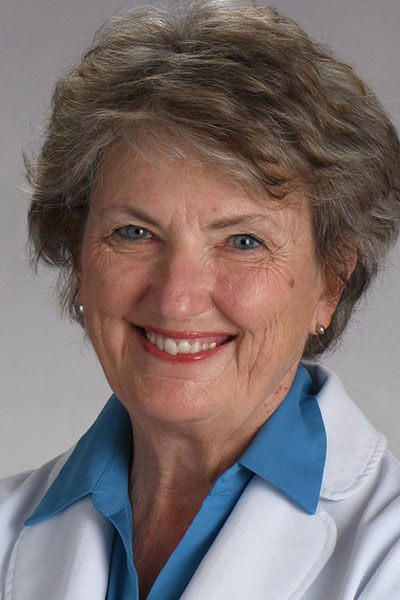This year’s SABCS® features sessions that will cover lifestyle interventions for breast cancer. Among them are Special Session 2, Prevention, Early Detection, and Interception, scheduled for Tuesday, December 5, at 12:00 p.m. CT, and the Education Session Overcoming Obesity-Associated Breast Cancer Risk, set for Tuesday, December 5, at 3:25 p.m. CT.

Abenaa M. Brewster, MD, MHS, a medical oncologist and Director of the MD Anderson Nellie B. Connally Breast Center, will moderate the session on obesity.
In the first presentation, Randy Seeley, PhD, Director of the Michigan Nutrition Obesity Research Center at the University of Michigan, will discuss mechanisms for the effects of incretin- and dual-incretin-based drugs to produce substantial weight loss.
As Dr. Brewster explains, incretin-based drugs are a new drug class for treating type 2 diabetes and include semaglutide and tirzepatide.
“These drugs are now being widely used for weight loss as well, as it has been discovered these medications developed for treating type 2 diabetes also assist in weight loss, which may in turn help prevent and treat cancer, including breast cancer,” she said.
The presentation will explain what is known about how these drugs compare to bariatric surgery for weight loss and the impact of this new class of drugs on weight regulation.
Kerry S. Courneya, PhD, Director of the Behavioral Medicine Laboratory and Fitness Center at the University of Alberta in Canada, will give a presentation on the clinical and treatment factors that need to be incorporated into future studies to evaluate the impact of exercise on breast cancer outcomes.
“This presentation will outline the current state of research on exercise and breast cancer outcomes, and what future modifications to study design will be important to enhance our understanding of exercise as a treatment for cancer,” Dr. Brewster said.
In addition, Stephen D. Hursting, PhD, MPH, Professor in the Department of Nutrition and the UNC Lineberger Comprehensive Cancer, will discuss what is currently known about how much weight loss is needed to break the obesity-cancer link. This information is especially relevant given the paradigm shift in weight loss that is now possible with the new class of incretin and dual-incretin-targeting drugs.
Dr. Brewster is confident that all medical oncologists and practicing oncologists will benefit from attending this session because weight loss affects all cancer types.
“The discussions will also help all health care professionals in all specialties to explain the effects of these drugs to their patients, answer their patient’s questions, and to discuss any safety issues,” she said.

Special Session 2, Prevention, Early Detection, and Interception, will be moderated by Carol J. Fabian, MD, a medical oncologist and Director of the Breast Cancer Prevention and Survivorship Research Center at the University of Kansas Medical Center.
Dr. Fabian said the session will cover timely topics in risk assessment and prevention, including:
- Polygenic risk scores: What are they, and how can they be used in supplementing imaging and risk reduction therapy decisions? Suzette Delaloge, MD, MSc, Associate Professor of Medical Oncology, Gustave Roussy, Villejuif, France, will present.
- Hormone replacement: What types of hormones and hormonal alternatives can be safely used in women at moderate to high risk for developing breast cancer to combat vasomotor symptoms? Dr. Fabian will present.
- Hormone replacement following premenopausal oophorectomy with or without hysterectomy in BRCA1/2 mutation carriers; Joanne Kotsopoulos, PhD, Professor, Women’s College Research Institute, Toronto, Ontario, Canada, will present.
Health care providers engaged in breast cancer risk and prevention activities, as well as patient advocates, may have a special interest in this session. Vasomotor and other menopausal symptoms are important quality-of-life issues for many high-risk women and breast cancer survivors due to menopause transition, preventive endocrine therapy, or cancer treatment, Dr. Fabian said.
“This session will discuss the combination of bazedoxifene and conjugated estrogen as safe hormonal treatment for vasomotor symptoms in women without a prior cancer diagnosis, as well as ongoing trials examining its potential for breast cancer risk reduction,” said Dr. Fabian. “It will also discuss fezolinetant, which is an effective non-hormonal treatment for hot flashes.”

